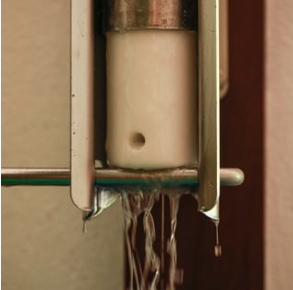Taking care of a green paradise.
- Ian Gray
- Jun 30, 2021
- 2 min read
Updated: Oct 27, 2021
“Here we are, in Bahia, surrounded by the best coconuts in the world, and yet the oil we buy comes from across the world!” It simply did not make sense..."
My name is Tereza and I am a native from Ilheus city in Bahia, Brazil. I lived in the USA for 40 years, but I always kept a sacred bond with Bahia. I nourished this connection through land I own, right on the beach. I am the guardian of that land which is called Paraiso Verde (green paradise). A few years ago, I met Arnaud, and a new chapter of my life began as we became life partners.
When I met Tereza, I was living in New York with my kids, and I was questioning my lifestyle.
I felt the urge to go back to the land, and to be more connected to nature. Together, we decided to live in Bahia, and to take care of Paraiso Verde.
We both felt the need to give back to this land, so we developed sintropic agriculture, we re-introduced endemic species of bees, we started to plant bamboo for sustainable construction, and replanted native trees in the forest.
Most of the coconut oil that’s bought in Brazil is imported.
One day, as I read an article, I learned that most of the coconut oil that’s bought in Brazil is imported from Asia. I thought, “Here we are, in Bahia, surrounded by the best coconuts in the world, and yet the oil we buy comes from across thew world!” It simply did not make sense.
So we decided to start producing local organic coconut oil with the coconuts from our beach, grown and collected with respect for mother earth.
Coming from a French family of wine-makers, I already had the culture of turning Earth’s fruits into products of exception. It is essential to us that our oil benefits the local community, the land we walk upon, and the health of our clients.
We are proud to use a non-intensive energy technology that does not generate pollution.
Through this responsible DME production process, and along with our community of eco-conscious clients, we are re-inventing a sustainable and positive economy.
Paraiso Verde is proof that economic viability is compatible with land restoration and social fairness.
Tereza Scharf & Arnaud de Laage de Meux




























Comments